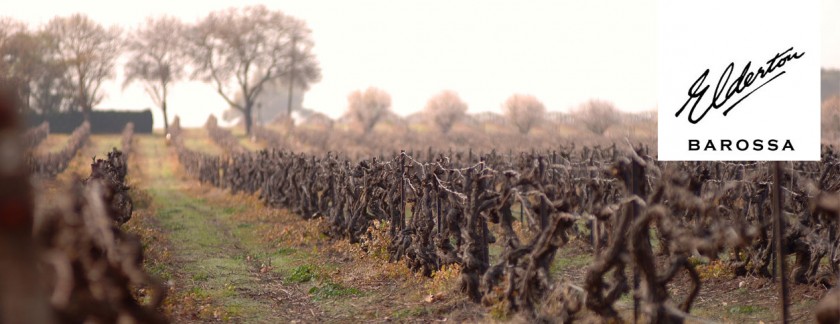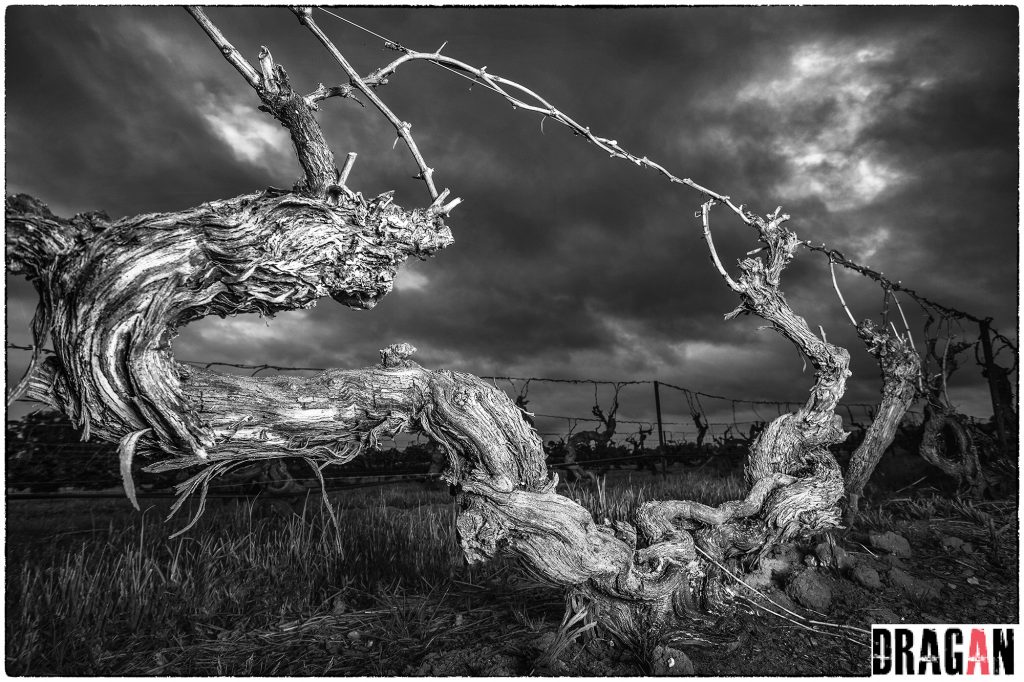
FAQs received in Cellar Door – part 1 – all about old vines
We love having visitors in our Cellar Door from around the state, the country and the world. Each visitor has a different knowledge of wine, winemaking and viticulture. As such, we get some great questions from our visitors that allow us to provide insight into the influence that the environment and the vineyard can have on the finished product – our wines! We have picked some of the more frequently asked to share with you our thoughts. Over the coming months we will address these questions through the blog. If you have a question that you would like us to consider, please email jess@eldertonwines.com.au.
The question we address today is:
Why are old vines better and how long can they live?
Barossa has some the oldest vines in the world, as we are very lucky to be free of Phylloxera which has impacted many other vine-growing regions across the world. As stated by Barossa Grape & Wine Association, there are “…over 100 hectares of vines planted in the Barossa more than 100 years old that continue producing fruit to this day.” That is pretty special, and something the Barossa wine industry is proud to promote.
At Elderton, the Command Shiraz block (pictured at the top of the page) was planted in 1894 (122 years ago). Langmeil Winery continues to produce wine from its Freedom Shiraz block, planted in 1843.
This magnificent old vine (below) is part of our Command Shiraz block. Photographed by Dragan Radocaj, you can see the beauty of the gnarled arms that reflect the weathering of time and tell the stories of 120+ years.

These vines are not good because they are old, they are old because they are good. They have produced fruit of outstanding quality over their life, with bunches that are full of flavour, intensity and history. They deserve to remain in our vineyard.
It must be said that a wine made from old vine fruit is not instantly better than a wine made from a younger vineyard – there are many factors that contribute.
Old vines are picked and pruned by hand. They have lower yields than younger vines. These factors mean they are more labour, time and investment intensive. On the flip side, old vines are generally more effective at the ripening process and have in-built drought resistance as their roots are now so deep in the soil (up to 10+ metres in some cases here).
There is also the sad story of the 1980s vine pull, through which a great number of old vine Shiraz and Grenache vineyards were lost. We are very lucky that the Barossa has some great custodians, who value the heritage as well as the fruit produced, and resolved to save our viticultural history.
Barossa Grape & Wine Association classifies vineyards under the Old Vine Charter. Vines are considered to be old from 35 years of age.
Our Command Shiraz (Nuriootpa) and 1915 Shiraz (Greenock) vines are ‘Centenarians’:
A Barossa Centenarian Vine – equal or greater than 100 years of age
These exceptionally old vines serve as a witness to the Barossa’s resilience in the face of adversity. The Barossa, unlike many other of the world’s great wine regions, is phylloxera-free, which allowed these vines to mature into their thick, gnarly trunks and naturally-sculptured forms without interference. Noted for their low yields and intensity of flavour. Planted generations ago – when dry-farming techniques demanded careful site selection – Centenarian Vines have truly withstood the test of time.
The Ashmead family remain proud custodians of the Command Shiraz and Ashmead Cabernet Sauvignon vines, along with the 1915 Shiraz and a number of 40+ year old blocks of Shiraz, Cabernet Sauvgnon, Grenache, and Carignan. The team at Elderton take great pride in maintaining our old vines, allowing them to produce outstanding fruit that contributes to our award-winning wines.
If you would like any further information, please contact Jess.
